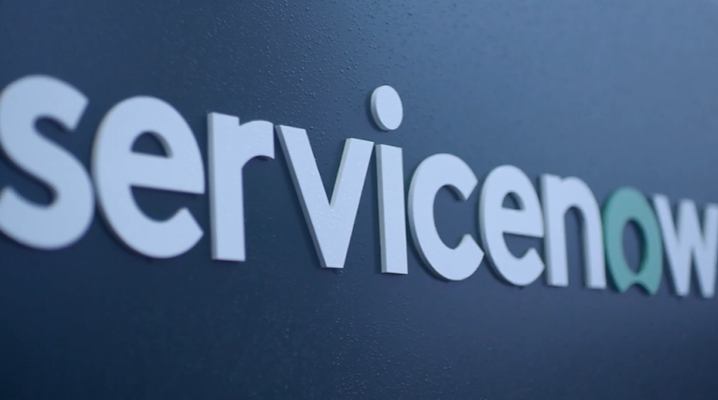 CLOUD
CLOUD
 CLOUD
CLOUD
 CLOUD
CLOUD
ServiceNow Inc. is rolling out a new version of its Now platform that features several artificial intelligence and cybersecurity enhancements.
The new version, known as the Utah release, made its debut today.
ServiceNow’s Now platform helps information technology teams process technical support requests from employees. Over the years, ServiceNow has added features that ease other aspects of administrators’ work. Along the way, the company extended the focus of its platform beyond IT to areas such as human resources.
The latest release of the Now platform adds a feature called AI Search. It’s a search engine geared toward support teams. When help desk representatives receive a support request, they can use the feature to find documentation that explains how to solve the issue at hand.
ServiceNow says AI Search can aggregate technical data from multiple systems. Moreover, it prioritizes data based on its relevance to each user’s work. The built-in AI algorithms analyze how workers interact with search results and make adjustments to display the most relevant information more prominently.
As part of today’s update, ServiceNow has also updated an existing AI tool called Document Intelligence. The tool originally rolled out for the Now platform last year.
Document Intelligence can automatically extract information from documents and input it into a company’s business applications, which reduces the need for manual data entry. The result is a lower risk of human error. According to ServiceNow, the latest version of Document Intelligence can more accurately extract information from large spreadsheet tables and checkboxes.
“Our latest release is designed for this moment – empowering organizations to maximize efficiency, accelerate ROI on digital spend and create simplified, connected experiences across their entire value chain,” said ServiceNow Chief Operating Officer CJ Desai.
Alongside the AI enhancements, the Utah release of ServiceNow’s Now platform adds several cybersecurity improvements. They’re designed to help companies more quickly react to potential breaches.
ServiceNow offers dashboards called Workspaces as part of its feature set. In the Now platform, a Workspace is a kind of homepage that contains shortcuts to the features and data most relevant to a user’s work. ServiceNow offers several prepackaged homepages that each focus on a different use case.
With the latest Utah release of its platform, ServiceNow is rolling out a new Operational Resilience Workspace. It provides data about cybersecurity vulnerabilities, outages and other technical issues in a company’s network. The dashboard also highlights which systems are affected by each issue.
A Security Incident Response Workspace rolling out in conjunction can provide more detailed information about ongoing cybersecurity incidents. Additionally, administrators have access to so-called automation playbooks. A playbook is a software workflow that automatically carries out security tasks, such as scanning servers for malware, to speed up breach remediation.
Many enterprises use ServiceNow’s platform alongside third-party cybersecurity products. For customers that take that route, the company is rolling out a tool called the Log Export Service. It allows administrators to stream cybersecurity data from the platform to external breach analysis tools.
The Utah release of the Now platform also introduces other enhancements. It includes an expanded set of features for managing a company’s office space. Additionally, ServiceNow made improvements to the Now Platform’s existing Process Optimization tool for speeding up repetitive business tasks.
Support our mission to keep content open and free by engaging with theCUBE community. Join theCUBE’s Alumni Trust Network, where technology leaders connect, share intelligence and create opportunities.
Founded by tech visionaries John Furrier and Dave Vellante, SiliconANGLE Media has built a dynamic ecosystem of industry-leading digital media brands that reach 15+ million elite tech professionals. Our new proprietary theCUBE AI Video Cloud is breaking ground in audience interaction, leveraging theCUBEai.com neural network to help technology companies make data-driven decisions and stay at the forefront of industry conversations.